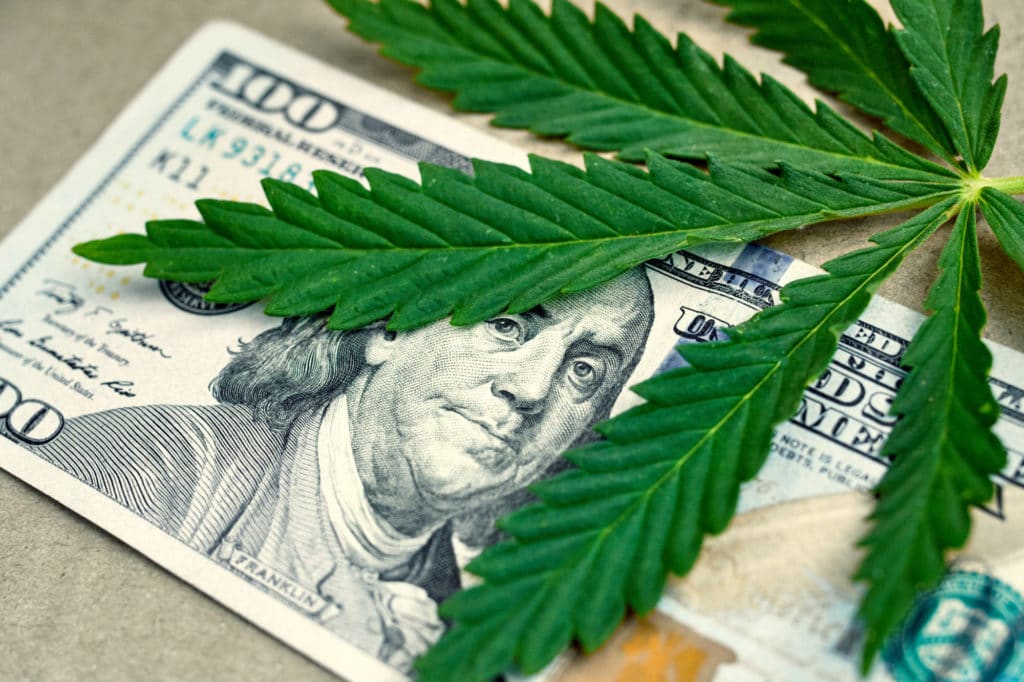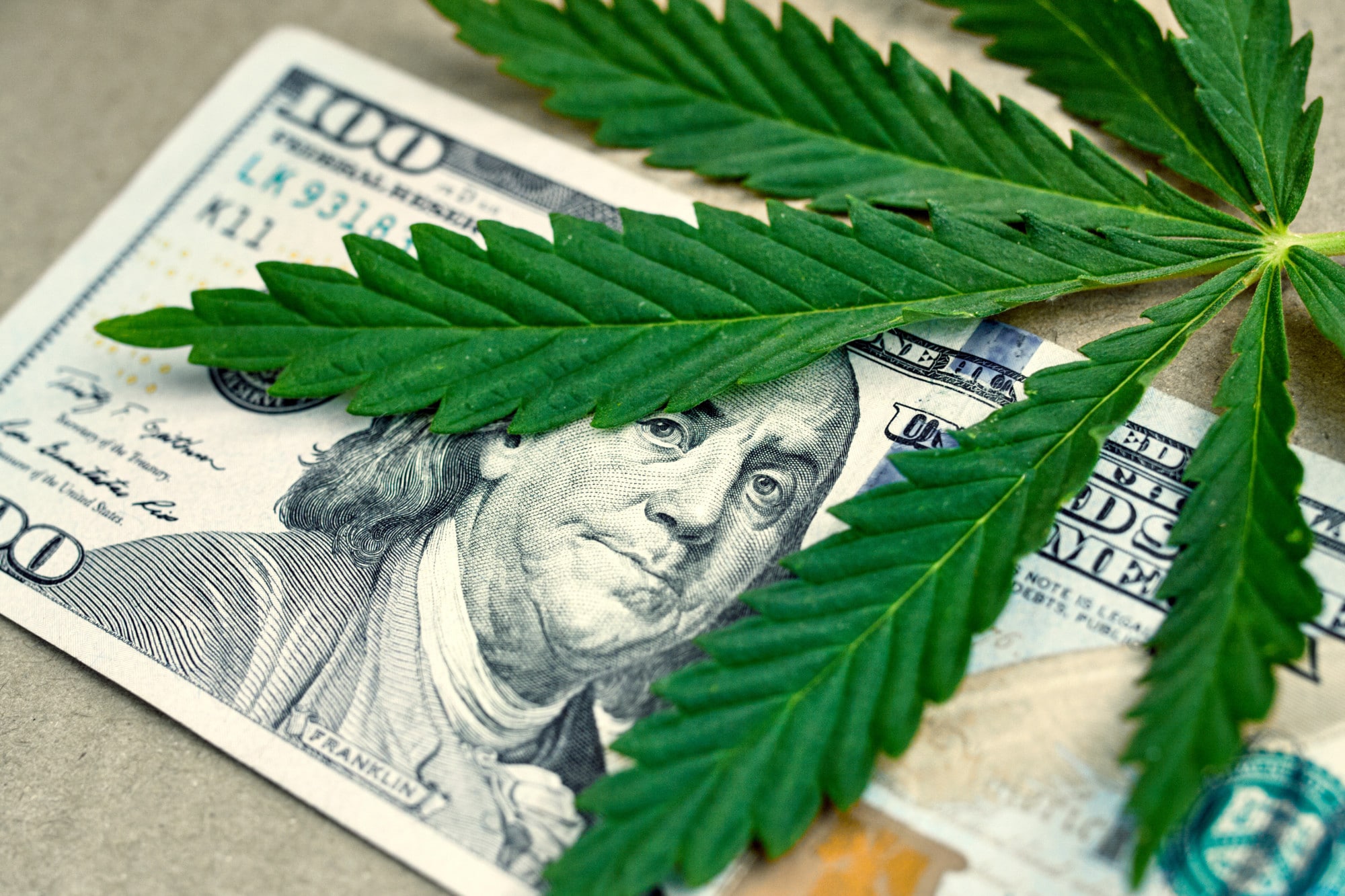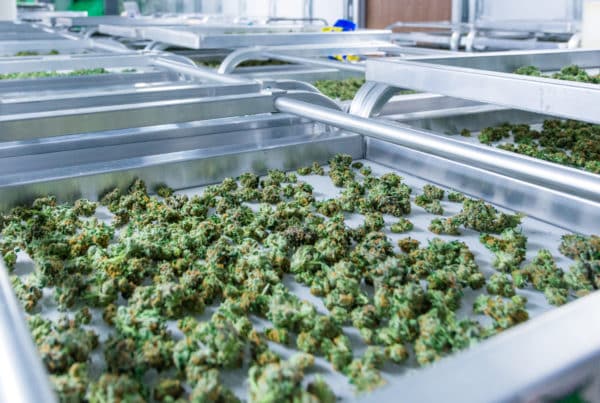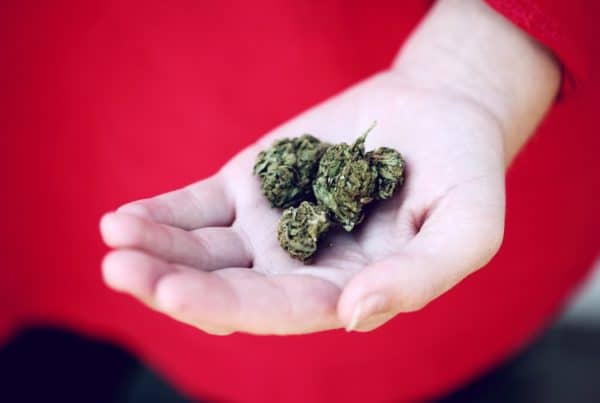
Sales realized from legal marijuana in the United States of America are estimated to reach $4 billion by 2022. According to research, 62% of Americans support the legalization of marijuana.
It’s listed as a Schedule I drug under the Controlled Substance Act of 1970. Marijuana remains illegal in the U.S. marijuana federal law.
Even so, federal laws permit any state to legalize marijuana for health or recreational benefits. This occurs under controlled regulation systems.
A scheduled drug is one that is likely to get abused and has no approved medical benefits.
One requires up to at least $775,000 to start and operate a marijuana dispensary in the legalized states. Also, most legalized marijuana businesses operate on cash.
Some banks don’t give service to the marijuana business. They fear to face unlawful and civil liabilities. Yet, the SAFE Banking Act guarantees protection to banks that work with marijuana industries.
Thirty-eight advocates submitted a request to advance the marijuana federal banking bill. Read on to understand more about cannabis banking.
Here are five things you should know about the marijuana banking bill
1. Economic Growth
A state like Colorado expects to make $1 billion in revenue from tax collected this year. Marijuana trade has operated in the country since 2014. The marijuana banking aims at increasing revenue collection in states where cannabis use is approved.
The sale of marijuana operates on a cash basis. It creates room for a lot of money to get used while not accounted for.
Also, over the counter transactions are unsafe. The marijuana business owner isn’t assured of total security of their property. The cannabis banking bill ensures money from legal marijuana sales gets stored in secured places.
There is a need for the state government to exercise flexibility when executing marijuana federal laws. Efficient banking procedures for marijuana sales will ease improved revenue collection.
2. Marijuana Banking Bill Protects Employees in the Marijuana Industry
The use of marijuana is still illegal under marijuana federal laws. As a result, most cannabis-related businesses operate in fear of facing civic criticism.
Some banks are afraid of being associated with customers engaging in the marijuana business. This extends to marijuana dispensaries. Most of them risk limitation from using banking services as well as getting reported to the federal government.
For instance, some cannabis company CEOs have had their accounts closed. Unfortunately, some employees under this business also become victims of accounts closure.
In California, an attorney got his bank account closed for representing cases for marijuana industries. In 2018, a Democratic contestant for Florida agriculture commissioner got her campaign account closed. It was because she had received monetary support from a marijuana company for her campaign.
3. Intensive Paperwork
As at now, the numbers of banks and credit unions conducting business with marijuana-related activities are limited. The state treasury guides these institutions on how to give service to legal marijuana trades.
The cannabis banking bill is clear on what you need to do. You must be ready to undergo expensive and tedious paperwork required by the banks. The required documents must be filled under anti-money laundering regulations.
4. Cannabis Banking Bill is Likely to Last for a Short Period
Treasurers from 17 states alongside thirty-four state attorneys general support the SAFE Banking Act. The group argues that at the moment, marijuana trades get secluded from the banking system.
Besides, the over-dependence on cash transactions facilitates criminal activities. It also makes taxation and regulation an uphill task.
The National Association of State Treasures called for amendments on the banking bill. State financial managers cause enough pressure; however, getting congressional support on this issue is far from reality.
For instance, 15 out of 26 Republicans weren’t for the approval of the banking bill by the senate-house committee on House Financial Services. Amongst the fifteen was the U.S. Representative of North Carolina, Patrick McHenry.
Jeff Sessions, an attorney general, challenged the ability of banks to handle cash from marijuana sales. He annulled the justice department guidance on the SAFE Banking Act in 2018.
However, nothing got changed in the guidance. There still exist banks and credit unions that provide services to cannabis-related customers. They work under the rules formulated during Obama’s regime.
5. SAFE Banking Act of 2019
The bill allows banks to provide services to marijuana trades without fear of getting penalized. It also safeguards the interests of both marijuana-business owners and consumers.
The SAFE Banking Act empowers the Federal Financial Institution Examination Council to guide banks and credit unions. The insight fosters legal approaches towards cannabis related commercial activities.
The popularity of marijuana use is suspected to increase significantly with time. Today, the majority of marijuana users in the U.S. falls under the 18-29 age group.
The SAFE Banking Act also creates room for modification. Soon, the limitations associated with marijuana use will be outdated completely.
Bankers Opinion on Marijuana Federal Law
Congress and other legal bodies must be clear about the legal procedures for banks in states that have approved the use of marijuana. Both Senate and the Congressional Houses have proposals to discuss on the table.
These proposals aim to give more clarity on cannabis banking bill. It also relates the connection between the state and marijuana federal laws. Bankers target thy increasing numbers of states that approve the growth, sale, and use of marijuana.
There exist marijuana bank laws for such businesses. Thus, more clarity needs to get done at both the federal and state levels.
Cash transactions are not secure. Also, it can lead to the emergence of illegal activities such as money laundering. Proper banking systems help better taxation and improved revenue collection from cannabis businesses.
Benefits associated with medical marijuana use are endless. Some states have legalized the use of cannabis only for medicinal purposes. Others, Washington D.C., approve marijuana for both medical and recreational use.
Bankers promise to work with policymakers. It will aid get solutions that will enable banks to serve their clients best.
If you enjoyed reading this article, visit our blog for more information on marijuana federal law.







